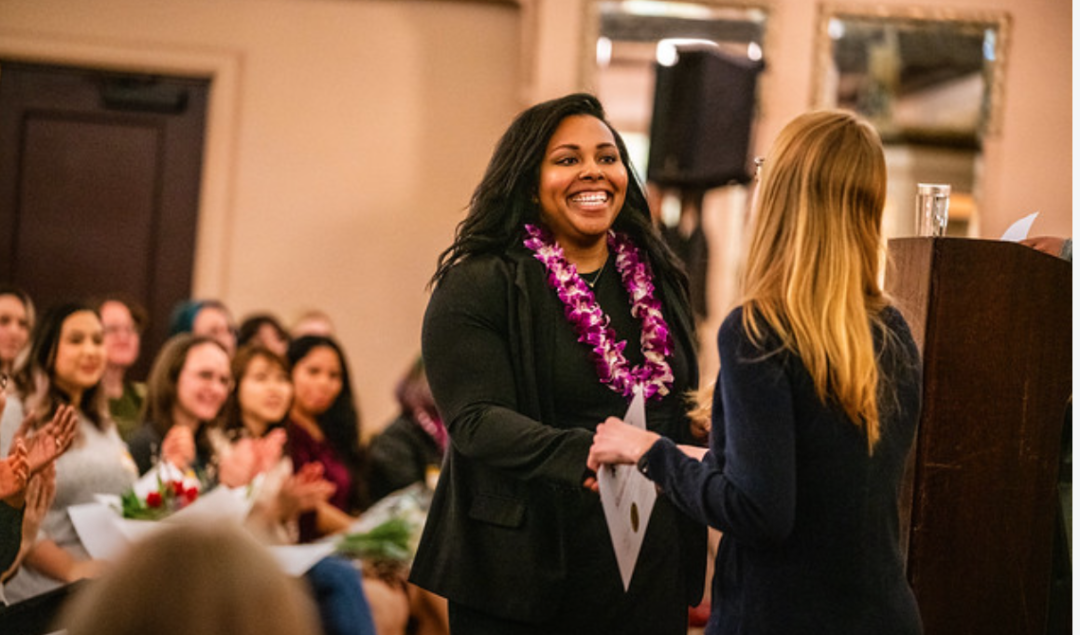This Coding Bootcamp Offers A Way for Black And Latina Women To Break Into Tech

In 2020, only about a quarter of professional computing jobs in the United States were held by women, according to the National Center for Women and Information Technology.
But one Seattle group is trying to change that, and ensure women, people of color, and gender-diverse people are able to show up as themselves in this industry.
Ada Developers Academy
Ada Developers Academy, the tuition-free coding training program prioritizes BIPOC women and teaches them computer coding. It will accept online applications from March 7 through March 28 and local internships will be served with the likes of Amazon, Salesforce, Microsoft, and Nordstrom.
The Ada program provides six months of classroom training followed by a five-month internship at one of its corporate partners.
While women are underrepresented in general in technology, only 2% of computer professionals are Hispanic and 3% are African American.
And while women’s numbers in tech roles still lag well behind men — roughly one-quarter of professional computing occupations in the U.S. are held by women, according to federal data — things are said to be slowly getting better and that’s thanks to initiatives such as Ada.
In recent years, 91% of the grads have found full-time jobs in technology within six months of leaving Ada, according to Geekwire.
Augusta Ada Lovelace
Ada Developers Academy is named in honor of Augusta Ada Lovelace, the 19th century mathematician who is considered the founder of computer science.
Between 1842 and 1843, Lovelace worked with Charles Babbage to translate an article on the calculating engine, supplementing it with an elaborate set of notes, simply called Notes. These Notes, later published in Taylor’s scientific memoirs, contain what many consider to be the first computer program with the first algorithm intended to be processed by a machine.
Lovelace’s Notes included a ground-breaking description of the possibilities of programming the machine to go beyond number-crunching to “computing.” This included speculating on its future ability to create graphics and complex music.
She was the daughter of the romantic poet Lord Byron.



